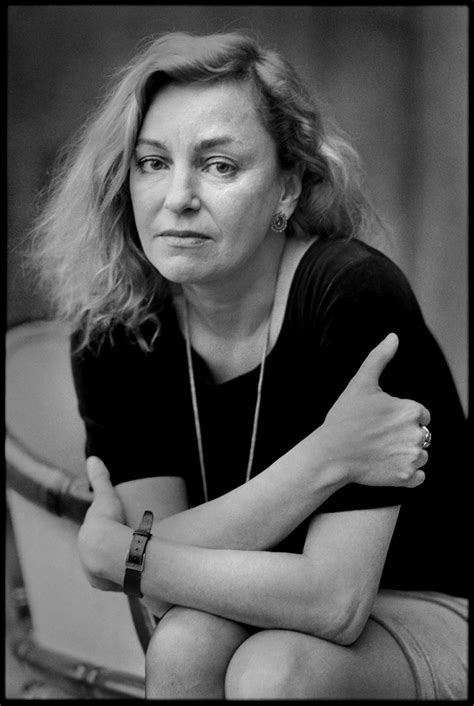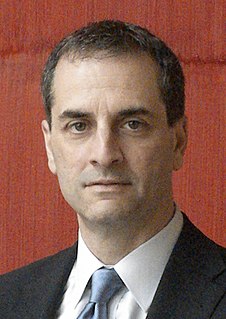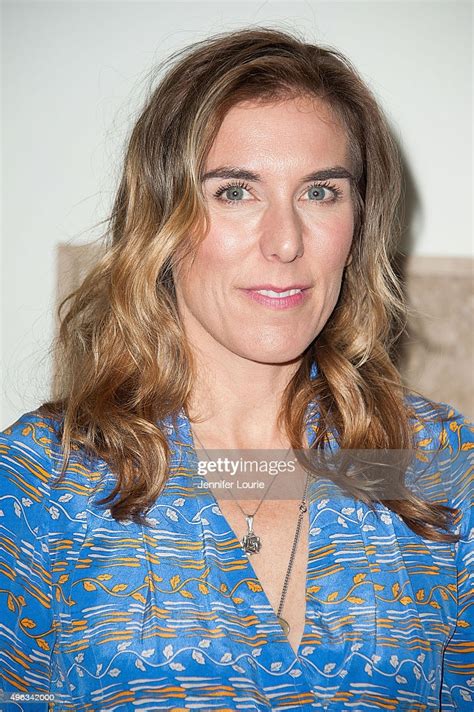A Quote by John Legend
Witnessing the extreme poverty in remote parts of Affrica can make you feel sad and powerless until you realize how little it takes to change these people's lives fundamentally in sustainable ways.
Related Quotes
The idea of self-effacement, the idea that you feel so powerless that the only tiny morsel of power you have is over your own ability to deny yourself food - that to me is a very profound and sad methodology and indicator of how powerless a lot of people feel in this world. That they will turn that onto themselves until they are physically smaller. I think it's affected my worldview a lot - just being sensitive and empathetic towards the ways people want to be small. I don't wish smallness for anyone.
People can change their own lives, provided they have the right kind of institutional support. They're not asking for charity, charity is no solution to poverty. Poverty is the creation of opportunities like everybody else has, not the poor people, so bring them to the poor people, so that they can change their lives.
How do I change? If I feel depressed I will sing. If I feel sad I will laugh. If I feel ill I will double my labor. If I feel fear I will plunge ahead. If I feel inferior I will wear new garments. If I feel uncertain I will raise my voice. If I feel poverty I will think of wealth to come. If I feel incompetent I will think of past success. If I feel insignificant I will remember my goals. Today I will be the master of my emotions.



































